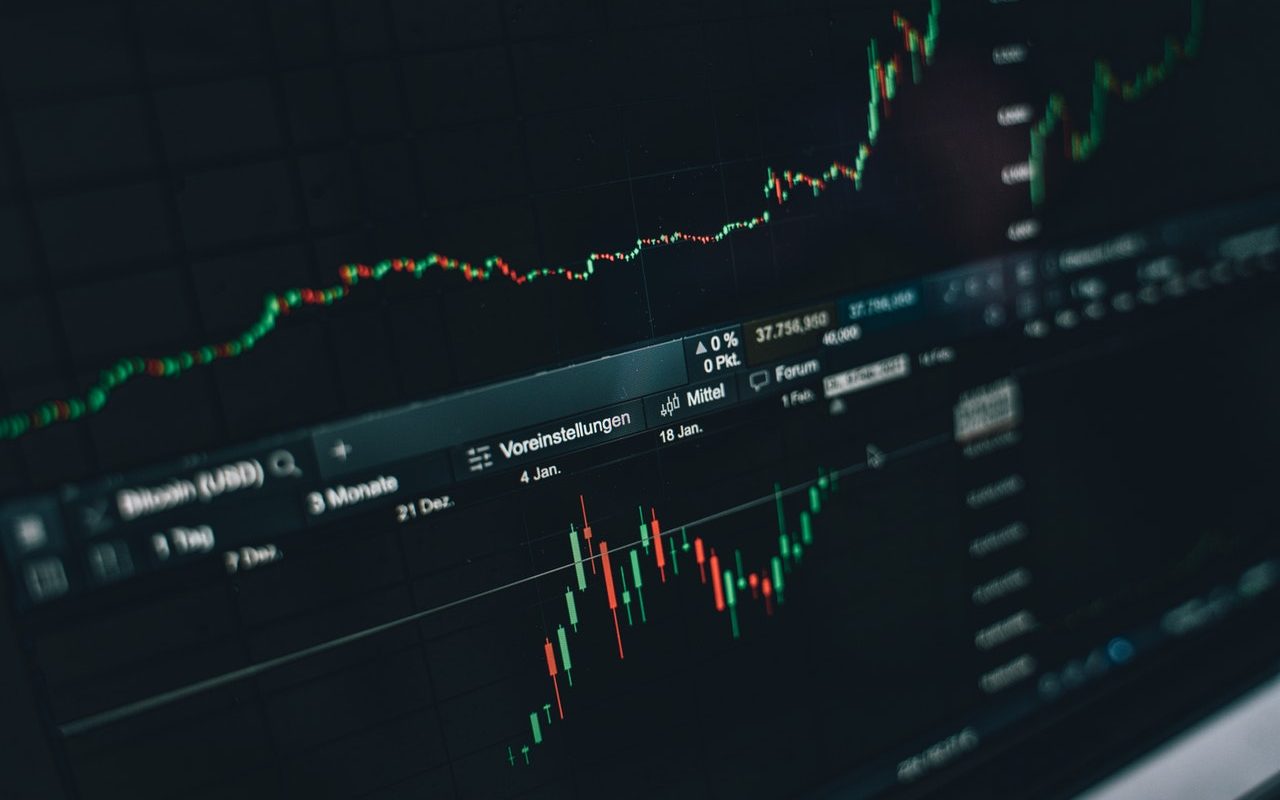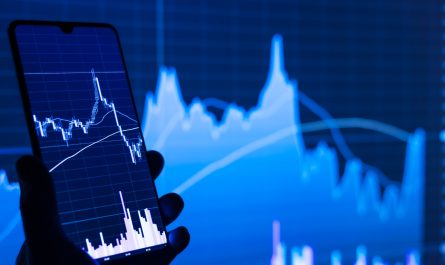An Exchange Traded Fund (ETF) is an investment fund that holds financial assets, like stocks or bonds. The value of an ETF fluctuates according to the demand for shares in these underlying assets.
ETFs work in a straightforward way. When you buy an ETF, you are buying a share in a fund that tracks the performance of an underlying index. For example, you could buy an ETF that tracks the S&P 500 Index, which would give you exposure to the 500 largest US companies.
Since their introduction to the Hong Kong market in 2001, ETFs have gained popularity among brokers and investors alike by creating low-cost, diversified portfolios with high liquidity. Investors are exposed to all or a representative sample of securities in a particular index. Interestingly, unlike actively managed funds, they do not seek to outperform the market but only track it closely.
Benefits of ETFs
We take a look at how ETFs work and examine why they might be suitable investments for you:
1. Diversification
As individual stock prices move up and down, an ETF’s price will generally move in the same direction, but to a lesser degree. This limits your losses if one stock in the ETF falls in price because it represents only a tiny portion of the fund’s holdings.
2. Low Fees
ETFs typically have lower fees than actively managed funds. For example, the Horizons P/ASX 200 Index ETF has an expense ratio of 0.20%, while the average Australian equity mutual fund charges 1.48%.
3. Ease of Purchase
ETFs can be bought and sold on a stock exchange, just like individual stocks. You can buy them through your broker or online brokerage account.
4. Tax Efficiency
ETFs are considered more tax-efficient than mutual funds because they generate fewer capital gains. This is because an ETF buys and sells securities only when the underlying index it tracks changes, whereas a mutual fund can buy and sell securities regardless of market conditions.
5. Flexibility
You can purchase an ETF that tracks almost any major global stock index, including the S&P 500, the FTSE 100, and the Nikkei 225. You can also find ETFs that track specific industry sectors, like technology or energy, or bond indices.
6. Types of ETFs
ETFs in Hong Kong can be categorised into three types: equity, bond and commodity.
Equity ETFs invest in stocks and typically track an index such as the Hang Seng Index or the MSCI Hong Kong Index.
Bond ETFs invest in government and corporate bonds and track an index like the Barclays Capital Aggregate Bond Index.
Commodity ETFs invest in physical commodities, such as precious metals or oil, and track an index such as the Goldman Sachs Commodity Index.
Risks associated with ETFs
As with any investment, there are risks associated with trading ETFs in Hong Kong. Principal of these is the potential for price volatility. Because ETFs track baskets of securities, their prices can be more volatile than those of individual stocks. This is particularly true during times of market turbulence.
Another risk associated with ETFs is the possibility of front-running. This occurs when traders take advantage of the information they have about an upcoming change to an ETF’s basket of securities to trade ahead of the fund, driving up its price.
Another issue to consider is liquidity. Because ETFs trade on exchanges like stocks, their prices can be affected by supply and demand. If there is little demand for a particular ETF, its price may drop.
Finally
ETFs can serve many different investment objectives depending on which ones you choose, such as capital appreciation, current income or some combination of both. In Hong Kong, there are several ETFs available for trading, and investors can use them to achieve various investment objectives.
ETFs can be bought and sold through several channels in Hong Kong, including online brokers, banks and fund managers.




